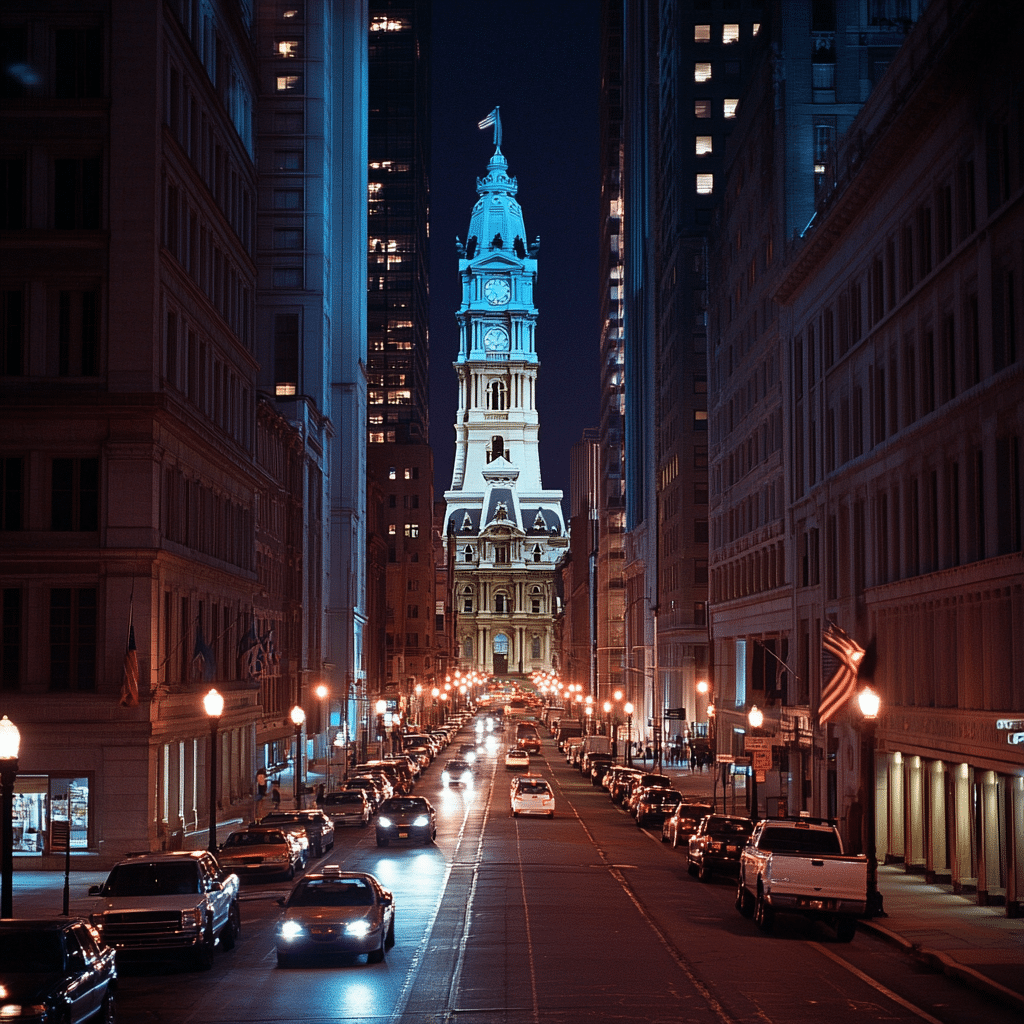In the vast expanse of cinematic history, few films resonate as deeply as the 1993 masterpiece, the Philadelphia movie directed by Jonathan Demme. This groundbreaking film offers more than just an engaging story; it’s a poignant reflection of justice and humanity, tackling discrimination, health crises, and human rights in ways that were both courageous and necessary.
“Philadelphia” arrived during a tumultuous time when HIV/AIDS was shrouded in fear and misinformation. It challenged societal norms and became a cultural touchstone, igniting conversations that needed to happen. As we delve into the rich tapestry of what makes the Philadelphia movie an American classic, prepare to be captivated by its unforgettable elements and enduring legacy.
5 Unforgettable Elements in the Philadelphia Movie That Redefined Cinema

1. Groundbreaking Representation of HIV/AIDS
One of the most striking aspects of the Philadelphia movie is its candor in addressing the HIV/AIDS epidemic. At its release, many mainstream films shied away from the topic, but Hanks’ portrayal of Andrew Beckett brought a raw human experience to the forefront. This authenticity educated audiences while stirring deep empathy.
While the film tells a personal story, it also reflects broader societal issues surrounding the AIDS crisis, helping to change public perception during a critical time. Audiences could finally see the people behind the statistics and stigma. This film’s role in normalizing discussions about HIV/AIDS cannot be overstated.
2. Stellar Performances that Changed the Game
Tom Hanks and Denzel Washington delivered performances that weren’t just good; they were transformational. Hanks, already a well-known actor, elevated his career with a deeply vulnerable portrayal of Andrew Beckett, allowing viewers to witness the spectrum of human emotion.
On the other side, Washington’s character, Joe Miller, challenged viewers to confront their own prejudices. As he evolved from a character who initially embodies societal bias to one who stands up for justice, the duo’s dynamic propelled the film into an emotionally-charged narrative. The connection between these two characters stays with you long after the credits roll.
3. A Legal Drama with Heart
At its core, the Philadelphia movie is a gripping legal drama that chronicles Andrew Beckett’s fight against wrongful termination due to discrimination. While many courtroom dramas might stick strictly to legal jargon and procedural theatrics, this film intertwines legal battles with deep emotional storytelling, giving it a heart that’s often lacking in the genre.
As viewers follow the courtroom antics and personal testimonies, they’re gently reminded of real-world issues like homophobia and corporate discrimination, which remain just as crucial today. It challenges the audience to examine the legal implications of prejudice, urging a broader conversation about rights and humanity.
4. An Impactful Soundtrack That Resonates
The musical score of a film can often make or break its impact, and the Philadelphia movie nails it. The emotional weight brought by Bruce Springsteen’s “Streets of Philadelphia” perfectly captures the film’s essence, resonating deeply with themes of loss, hope, and resilience.
The soundtrack significantly enhances moments of reflection and despair, allowing the viewers to forge a poignant connection with the characters. The film’s ability to evoke emotion flows seamlessly through its music, serving as an essential backdrop to the thematic richness of the story.
5. A Lasting Cultural Impact
The influence of the Philadelphia movie extends far beyond its runtime. Upon its release, it acted as a catalyst for discussions about LGBTQ+ rights and health-related discrimination. Many filmmakers took notes, learning how to approach sensitive subjects with humanity and respect.
As it challenged societal biases, it provided a voice for those who had been marginalized for years. This film lit fires under activist movements, inspiring new generations to advocate for rights and understanding, making its mark not just in cinema but in the fabric of social justice advocacy.

The Resonance of the Philadelphia Movie in 2024
Fast forward to 2024, and the Philadelphia movie remains more relevant than ever. In an era where discrimination—whether based on race, sexuality, or health status—still persists, the themes explored in the film resonate deeply with ongoing social movements.
Important conversations around LGBTQ+ rights and healthcare have been revitalized once more as society seeks to create equitable environments for all. The cultural dialogues prompted by “Philadelphia” act as a foundation upon which contemporary activists stand, pushing for change and greater justice.
Moreover, the film’s views on intersectionality remain vital to the discourse today. As we explore the narrative presented in this Philadelphia movie, it compels viewers to continue striving for understanding and compassion, suggesting that cinema has the power to engage with societal norms and challenge the status quo.
In the end, “Philadelphia” isn’t simply a relic of the past; it’s a beacon urging us toward a more compassionate future. It stands as a powerful reminder of cinema’s potential to inspire, educate, and drive meaningful change in our ever-evolving world.
Engaging Trivia and Interesting Facts about the Philadelphia Movie
If you think the Philadelphia movie is just another courtroom drama, think again! Released in 1993, this powerful story of justice and humanity was among the first films to tackle the stigma surrounding AIDS. Tom Hanks’ stunning portrayal of Andrew Beckett won him an Academy Award for Best Actor, making him a household name. Fun fact: the character’s battle reflects real-life events, resembling the struggles faced by AIDS activist Sean Garcia, who advocated for better healthcare and awareness. You can read more about his inspiring work here.
As the film navigates the complexities of discrimination and morality, it also features an outstanding cast, including Denzel Washington in a performance that showcases the adaptive nature of humanity. The connection between the characters serves to bring light to real-world issues, such as the staggering number of homeless people in the USA. In fact, advocating for social justice can be linked to various narratives, including films like Push, which similarly confronts societal challenges head-on. Interested in its impact? Find out more about it here.
What’s even more riveting is the film’s ability to captivate audiences beyond its initial release. It has opened doors for discussions about health and equality that continue to resonate with viewers today, especially piquing the interest of filmmakers during the recent Hollywood writers’ strike. The multifaceted universe of cinema has seen a shift that reflects real societal concerns, recently reminded by the powerful narratives in films such as Birth and even The Movie. Explore both films’ contributions in addressing societal issues here and here.
Now, while the Philadelphia movie captures the essence of fighting for justice, it’s also worth noting that it draws inspiration from real-life heroes like Buford Pusser, who took on corruption and crime with his own brand of justice. He’s a figure that embodies the fight against adversity, much like Andrew Beckett in the film. Dive deep into Buford’s tale here. The Philadelphia movie is a reminder that storytelling goes beyond entertainment—it can spur empathy and lead to real change.





